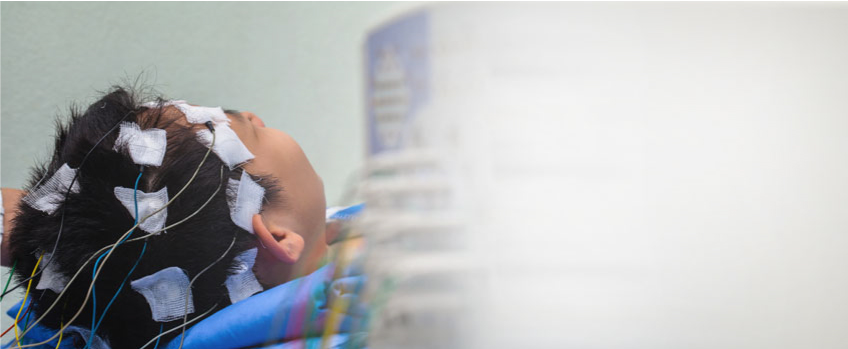Post Traumatic Seizures

Post-Traumatic seizures is a recurrent seizure disorder that occurs as a result of a brain injury. This brain injury can either be traumatic or due to brain surgery. Most seizures occur in the first several days or weeks after a brain injury. Some may occur a few months or years later the injury. About 70-80% of the patients are helped with medications. Rarely, seizures can make the patient worse or even lead to death.
The examination may indicate the part of the brain that is not functioning or raised intracranial pressure.
What are the symptoms of Post - Traumatic Seizures?







Early PTS should be treated promptly with anti-epileptic drugs (AEDs) like Carbamazepine, Lamotrigine, and Phenobarbital etc. Almost 20% of all the cases who have presented with a single late post-traumatic seizure have never presented with a seizure after that and do not need any treatment.
- Early PTS: These occur within 1 week of a TBI. About 25% of patients diagnosed with this seizure will have another seizure months or years later. This is called epilepsy.
- Immediate PTS: These occur within 1 week after injury.
- Late PTS: These occur more than 1 week after the injury. About 80% of patients who present with this type of seizure will have another seizure.
- Sudden onset seizure
- Uncontrollable
- Usually lasts only a few seconds to minutes
- Bladder or bowel incontinence
- Biting of tongue or the inside of the mouth
Post – traumatic seizure is majorly caused due to trauma or injury to the head or brain. But the reason for recurrent seizures is unknown.
The causes can be
- Penetrating head injuries
- Bullet wounds
- Closed head injuries
- Intracranial hematoma
- Linear or depressed skull fracture
- Glasgow coma scale less than 10
- Cortical contusion
- Depressed skull fracture
- Subdural, epidural or intracerebral hematoma
- Penetrating head injury
- High fever
- Loss of sleep and extreme fatigue
- Drug and alcohol use
- Chemical changes in the body
Physical and neurological examination of the patient along with the history of head trauma plays a vital role in establishing the diagnosis of post – traumatic seizure. This diagnosis should be verified by video – EEG monitoring

